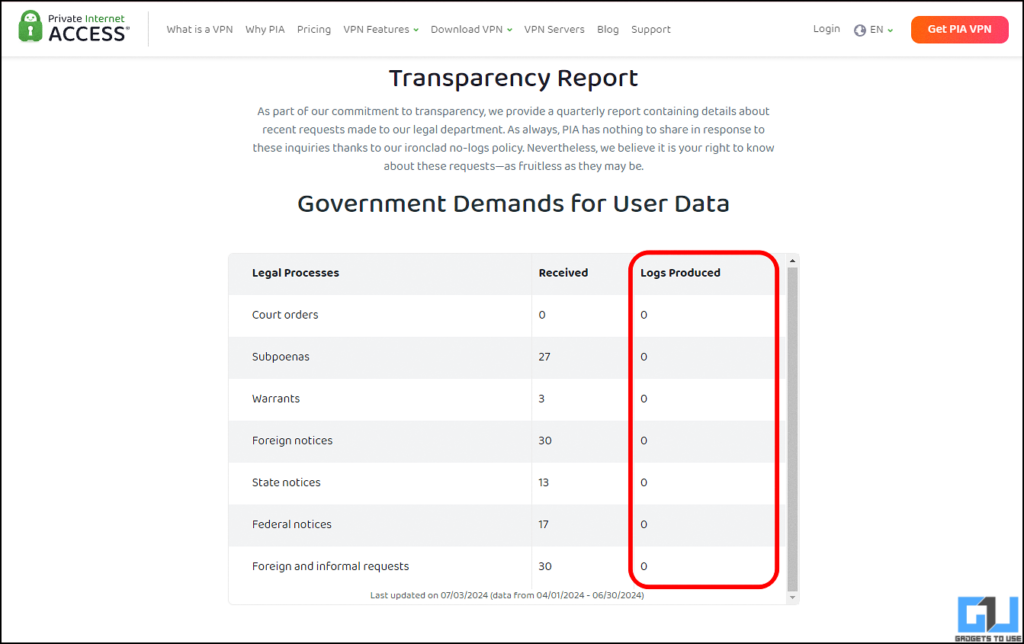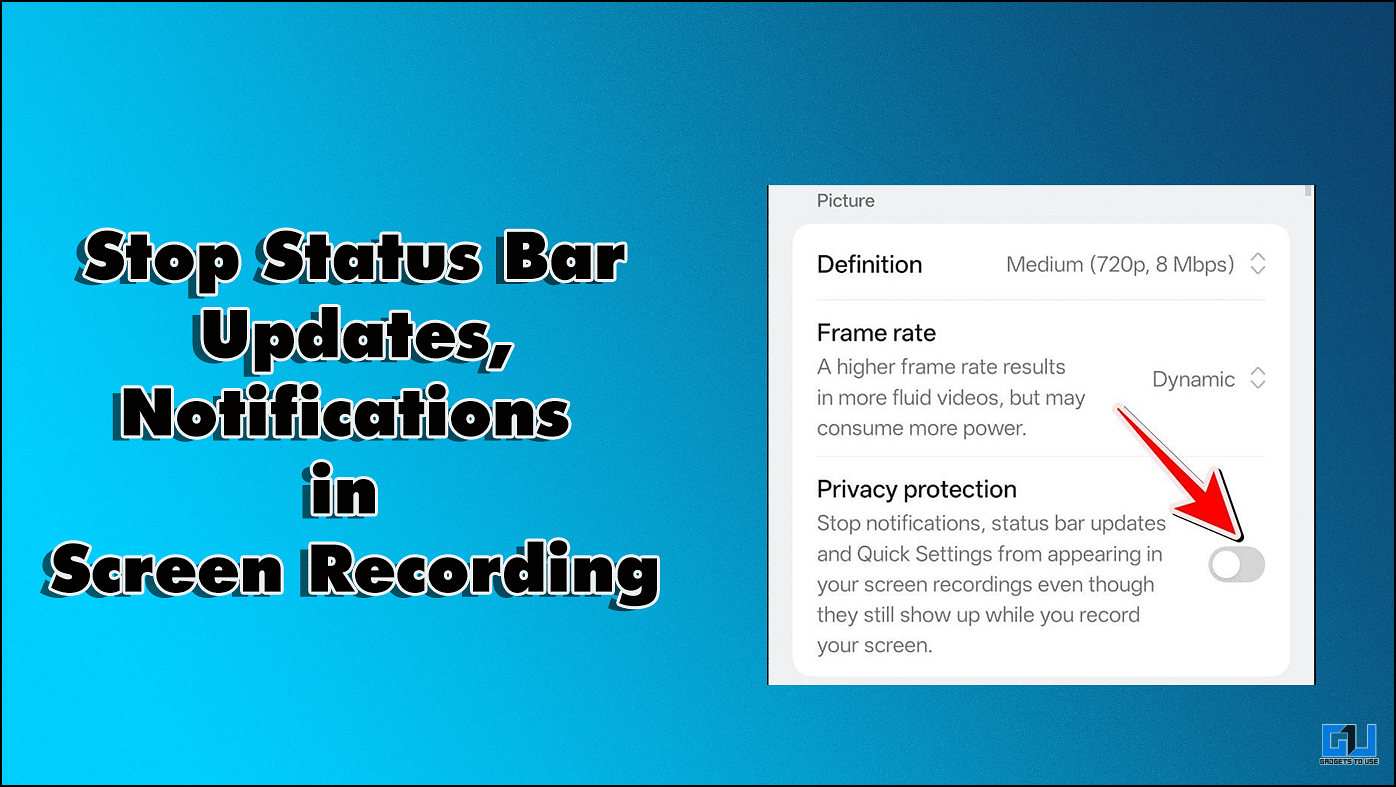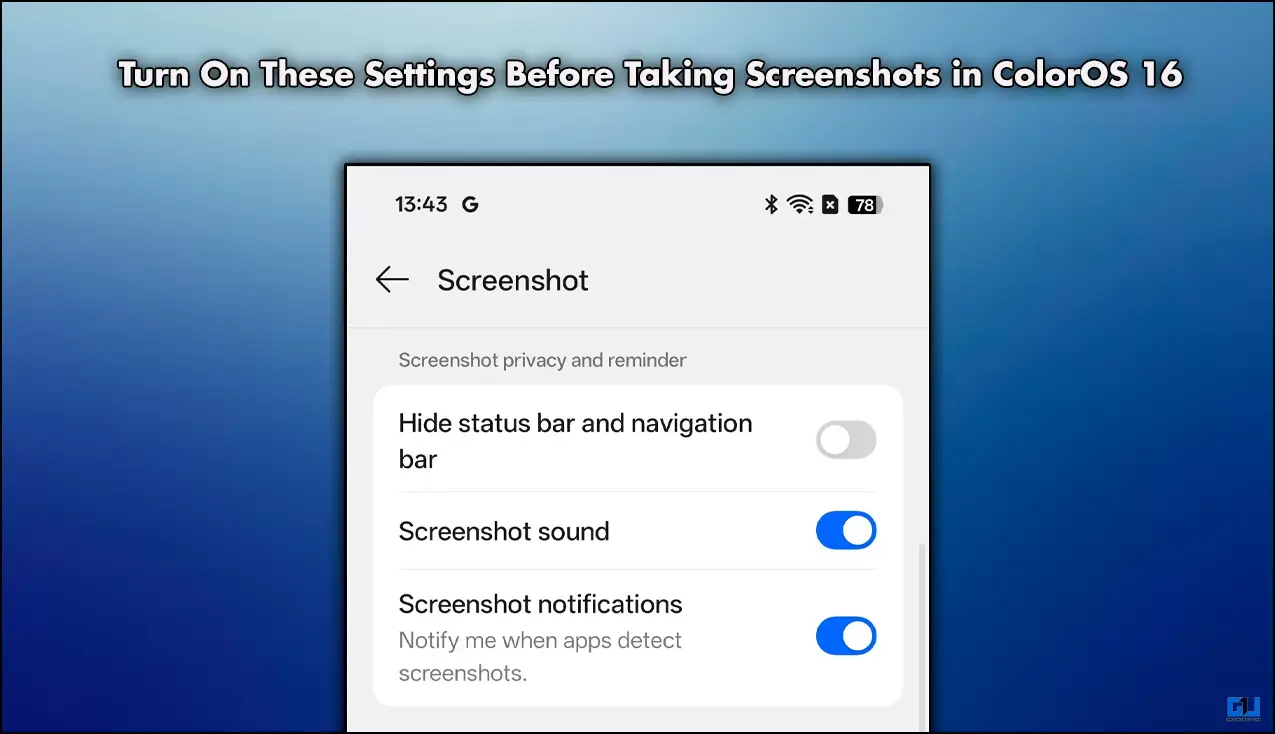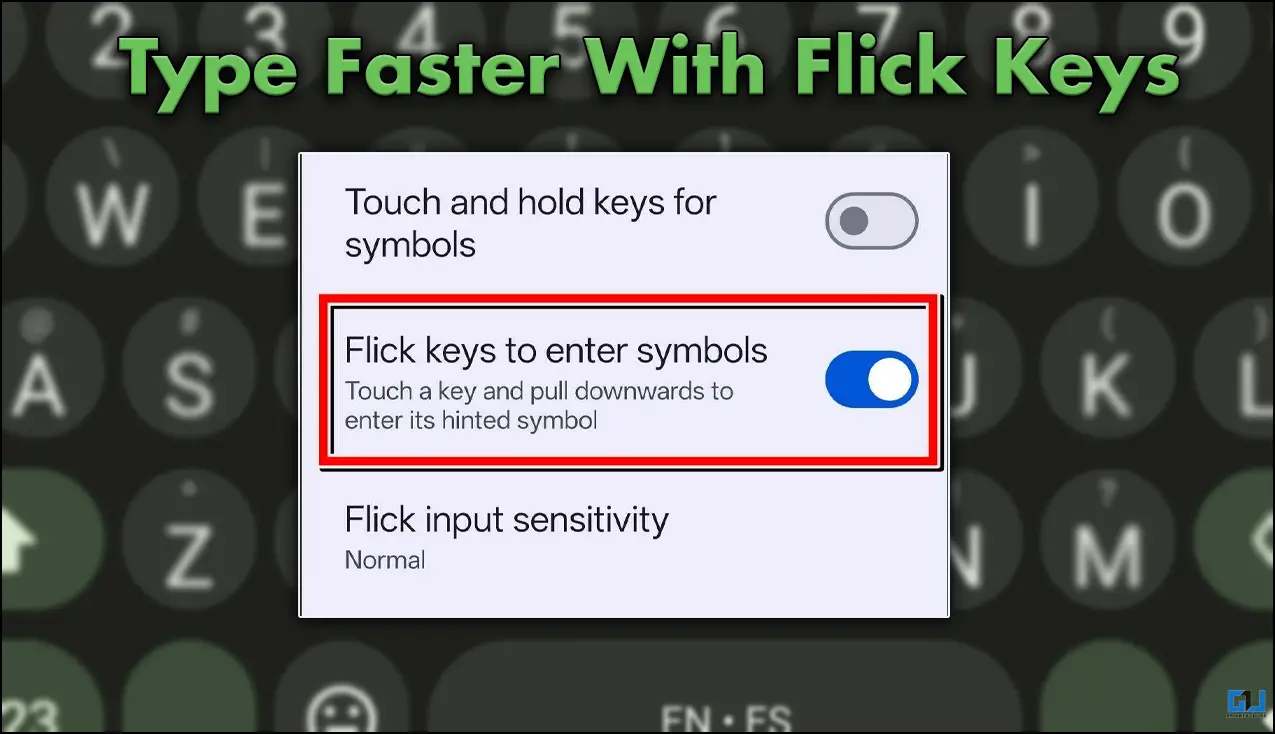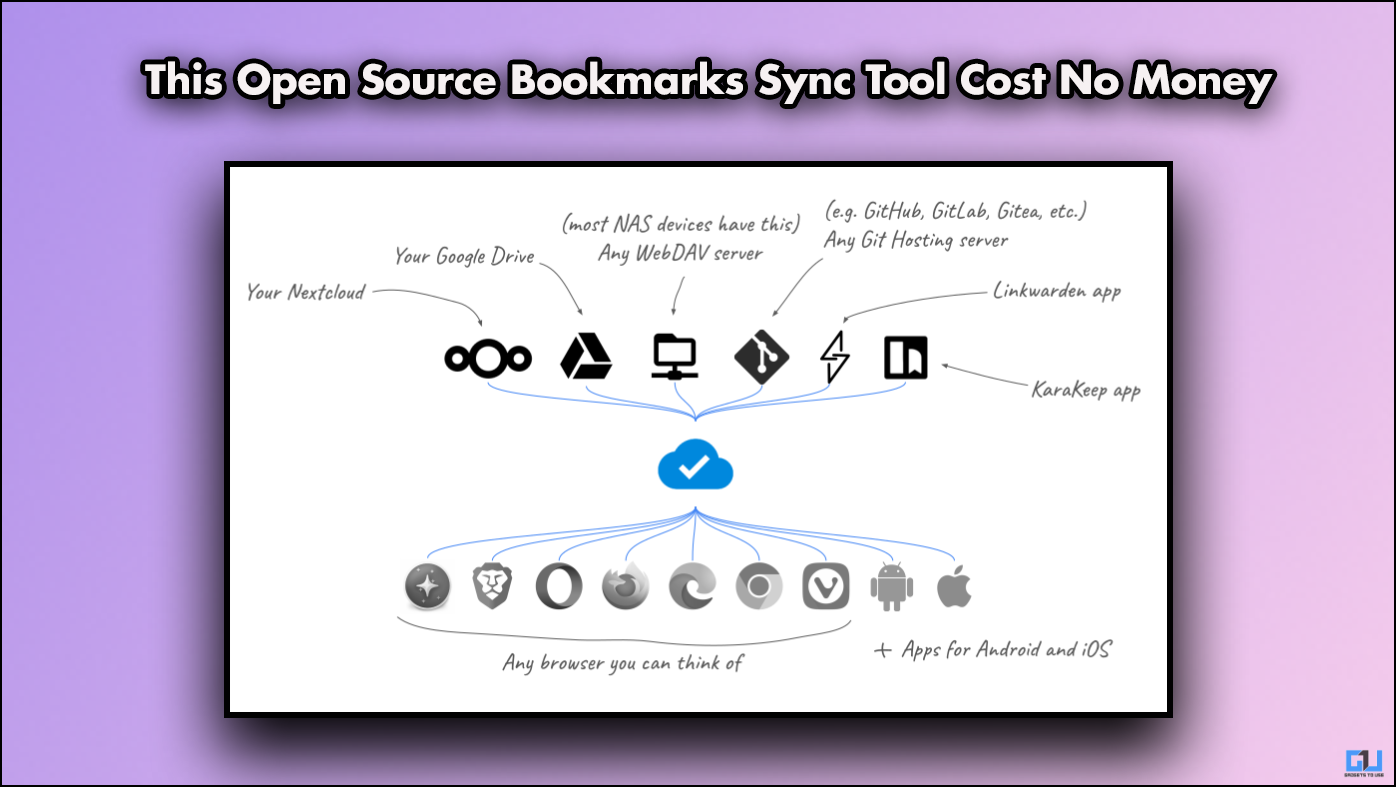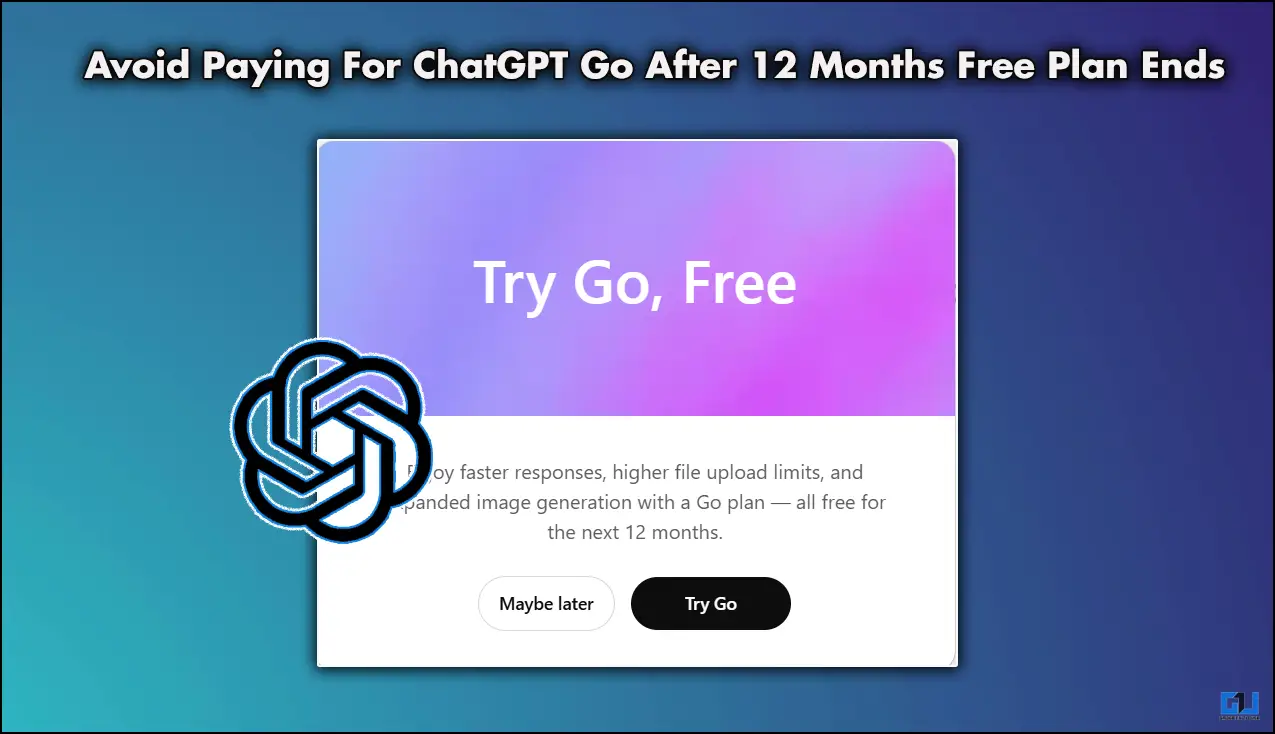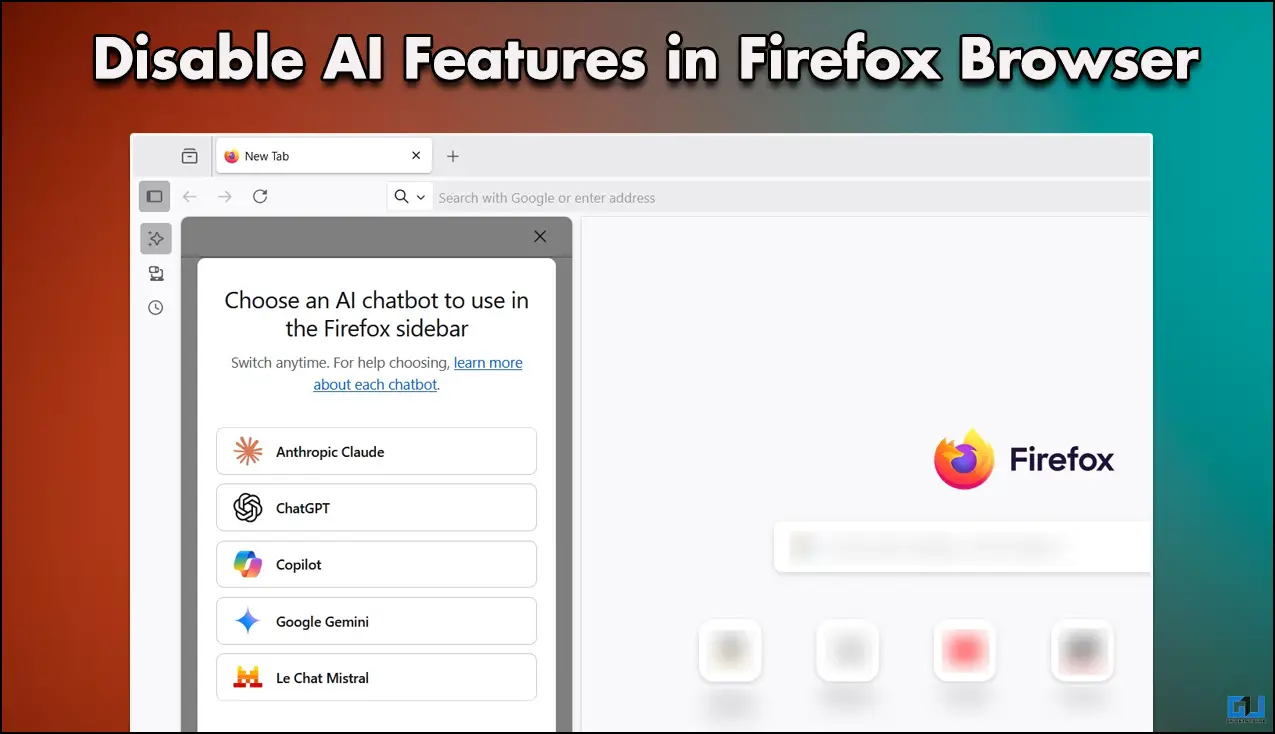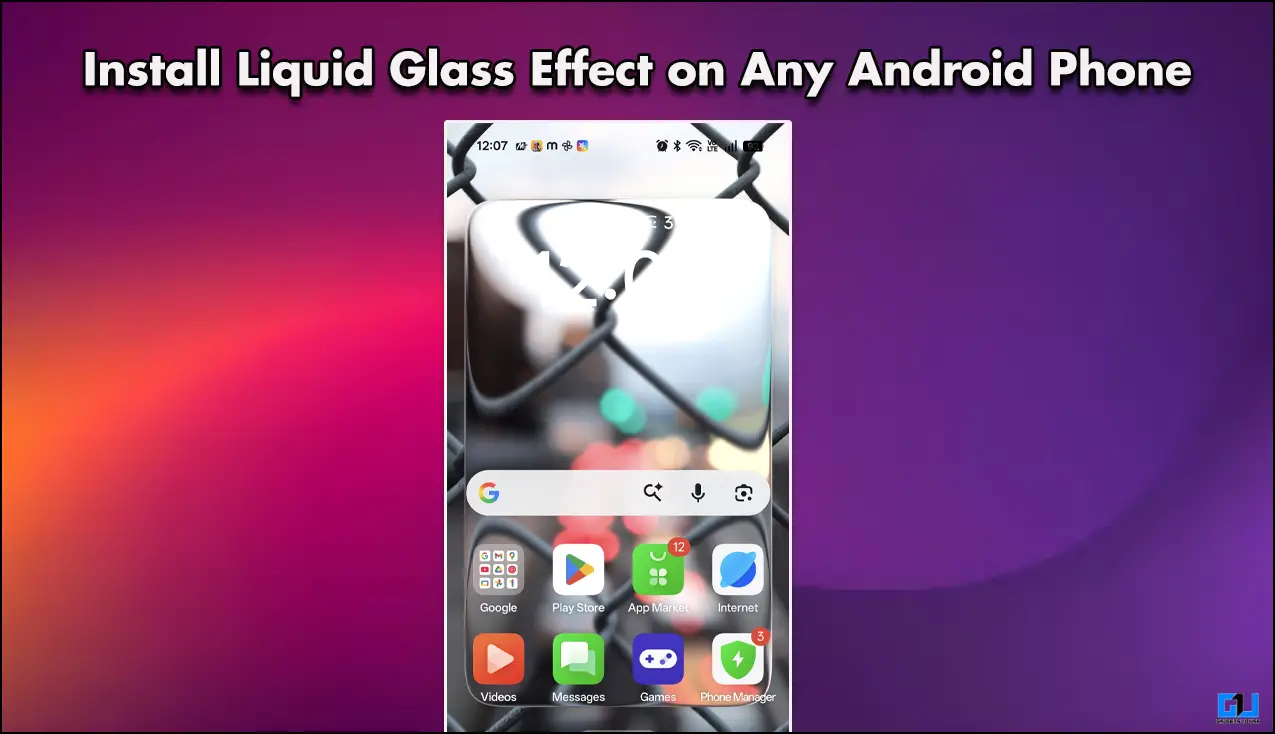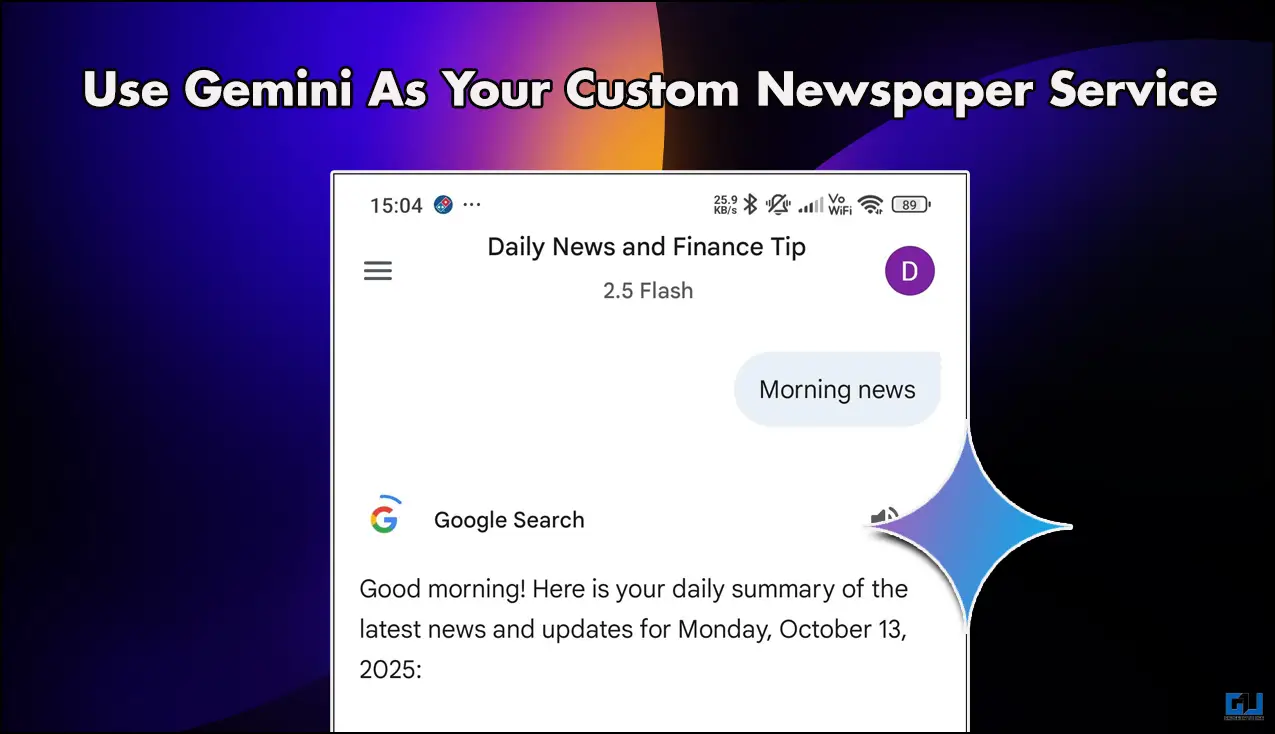Quick Answer
- A No Log VPN is a Virtual Private Network service that does not collect or store any logs of user activity, including browsing history, connection timestamps, or IP addresses.
- In his guide, we will explore how a No-Log VPN is a safer option for surfing the internet or accessing restricted websites.
- However, a No-Log VPN makes it extremely difficult for anyone to trace your online activities back to you.
As of today, most of our activities are tracked online, making privacy a paramount concern for internet users worldwide. Using a VPN is a powerful solution to protect your online activities from prying eyes. But are all VPNs safe to use?
In his guide, we will explore how a No-Log VPN is a safer option for surfing the internet or accessing restricted websites.
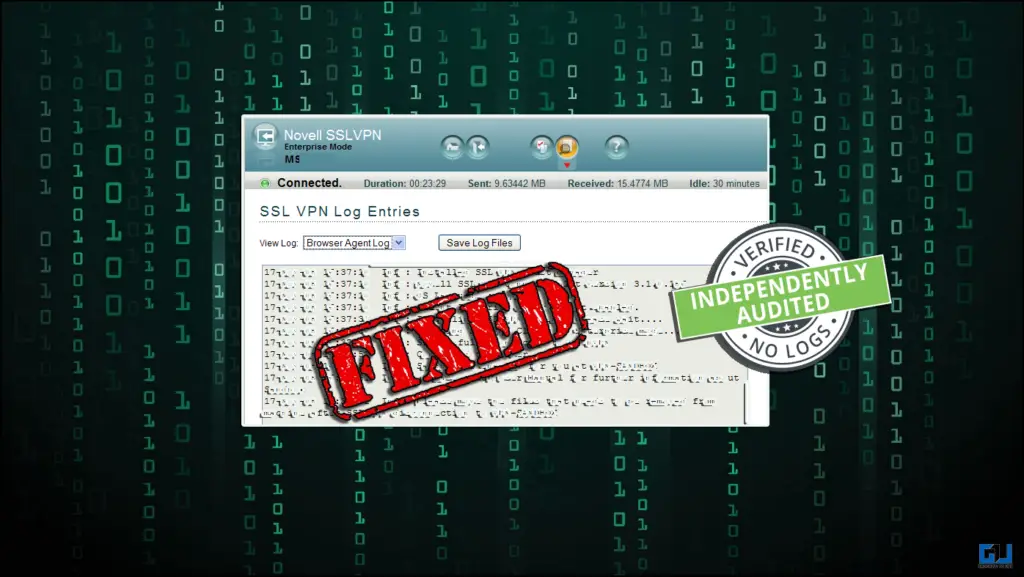
What Is A No Log VPN?
A No Log VPN is a Virtual Private Network service that does not collect or store any logs of user activity, including browsing history, connection timestamps, or IP addresses. This means that even if requested by authorities, the VPN provider has no data to hand over, ensuring maximum privacy for its users.
Regular VPN vs. No Log VPN: What’s The Difference?
| Feature | Regular VPN | No Log VPN |
|---|---|---|
| Data Collection | May collect some user data | Collects no user data |
| Privacy | Limited privacy | Maximum privacy |
| Legal Requests | May comply with data requests | Cannot comply due to lack of data |
| Trust Factor | Varies | Higher due to transparency |
How To Verify If a VPN is “No-Log VPN”
1. Third-Party Audits
Many No Log VPN services often undergo independent audits to verify their claims. These audits are conducted by trusted third-party firms who investigate the VPN’s infrastructure and policies. For example, NordVPN’s no-logs policy was recently audited by Deloitte, a Big Four accounting firm.
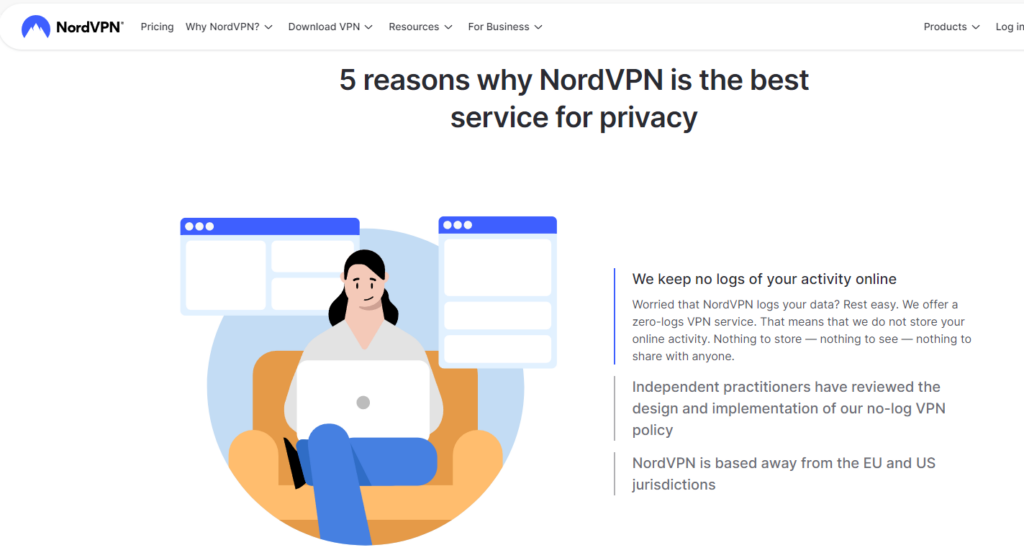
2. Technical Infrastructure
Look for VPNs that use RAM-only servers, which automatically erase all data when powered off. Some providers, like ExpressVPN, implement this technology to enforce their no-logs policy.
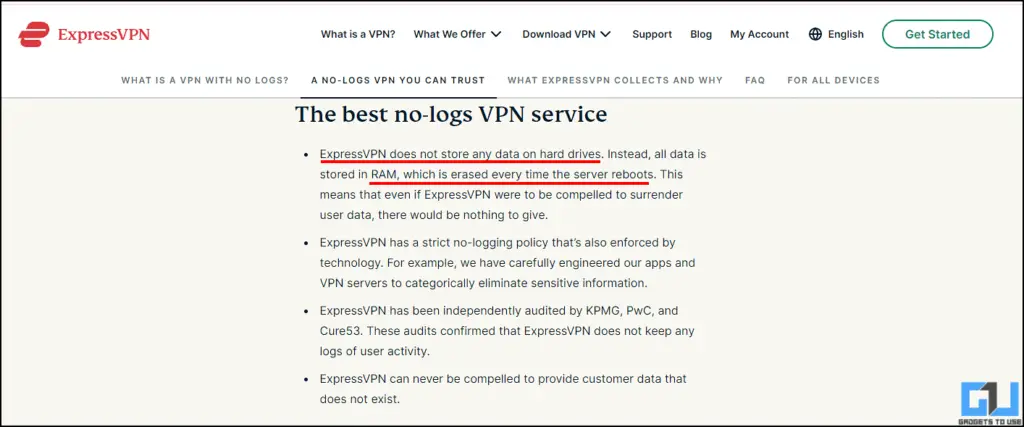
3. Warrant Canaries
Some VPN providers, such as Surfshark, maintain a warrant canary to inform users if they’ve ever been compelled to hand over user data.
4. Real-World Tests
Certain VPN providers have proven their no-log claims in real-world scenarios. For instance, Private Internet Access (PIA) has been subpoenaed twice and demonstrated that they have no data to provide.
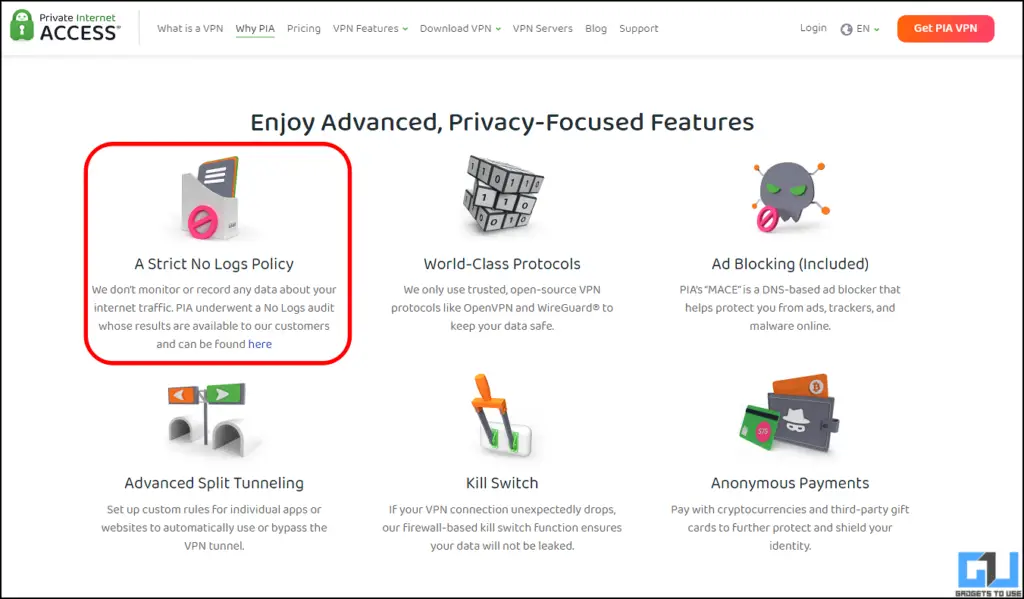
FAQs
Q. How Do I Check for A No-log VPN?
To verify a No Log VPN:
- Look for recent third-party audits
- Check if they use RAM-only servers
- Review their privacy policy
- Research any past incidents or legal challenges
Q. Can No-Log VPN Completely Hide My Location?
While a No-Log VPN significantly enhances your privacy, it’s important to note that complete anonymity online is challenging to achieve. However, a No-Log VPN makes it extremely difficult for anyone to trace your online activities back to you.
Q. What Are The Most Popular No Log VPNs?
Some popular VPNs include:
These providers have established reputations for strong privacy practices and undergo regular audits to verify their no-logs claims.
Wrapping Up
In this article, we explained no-log VPNs, how they differ from regular VPNs, and how to verify them. While VPNs greatly help make your location difficult to trace, this guide delves deeper into how it is safe to use. For more informative and useful guides, stay tuned to GadgetsToUse.
- How to Use Free VPN on Android With Fast Speed and No ADS
- 5 Ways To Make ChatGPT Work With VPN on Phone and PC
- 5 Best Free VPN Apps to Use on Your Android Phone in 2024
- 8 Ways to Access Any Blocked Site in India for Free Without VPN
- How to Use VPN Split Tunneling
You can also follow us for instant tech news at Google News or for tips and tricks, smartphones & gadgets reviews, join the GadgetsToUse Telegram Group, or subscribe to the GadgetsToUse Youtube Channel for the latest review videos.
